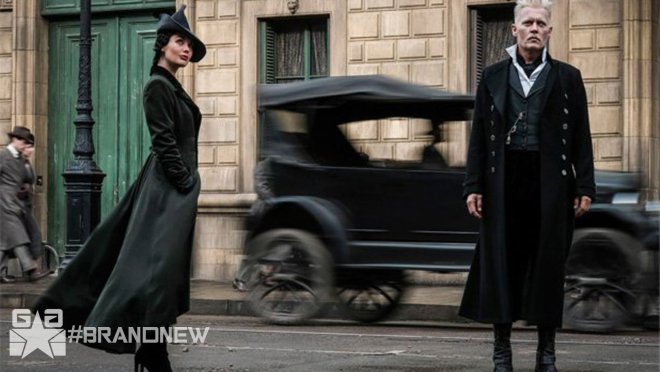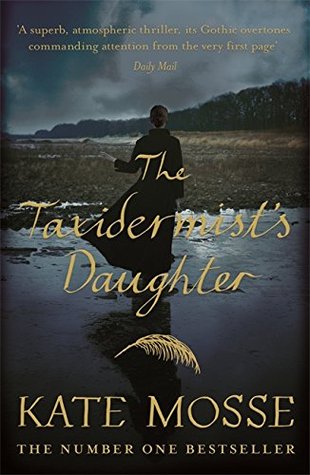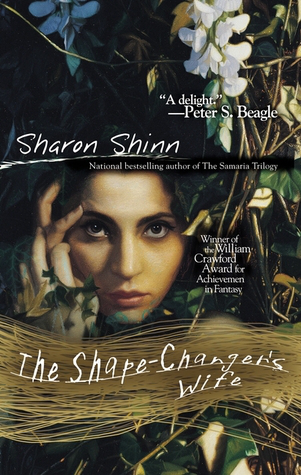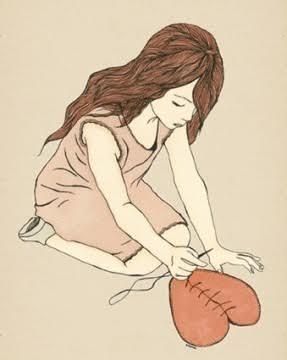
While sitting on the phone for hours yesterday waiting for QANTAS and Flight Centre to sort out some bookings, I enjoyed a meandering look at MindFood – one of the wonderful magazines that have sprung up in recent years to cater for those of us who really do want something more than gossip, fashion and food. I don’t buy it all the time but am always glad I did. However my crowning achievement was to finally finish Paul Kingsnorth’s ‘Beast’.
This novel was loaned to me by a student, who had received it as a gift. She is an unusual young woman, who has suffered with some serious health issues and who reads widely and writes beautifully. She is a poet and short story writer, with a gift for intense description and a tone of dark humour. She has never recommended a book before, although we have been talking books for at least three years. Unfortunately she gave me this in the middle of my marking Year 9 poetry novellas, after which I headed straight into Year 11 exam marking; so, while I started the book – and found it odd – I have not had time to finish it, even though she has dropped in every day to find out if I have.
I had not heard of Paul Kingsnorth prior to reading Beast, but I am definitely going to look him up now. It seems, from the cover, that he is best known as a poet, and this novel certainly reads like poetry often. What we discover, is that the protagonist [and only human character] has apparently left his partner and small child to spend time in an abandoned farmhouse on the edges of a moor. He is seeking some kind of acceptance or understanding, but is quickly assailed by a storm which leaves him injured and confused. As he battles with his body to recover from a fall, which has left him with broken ribs and a badly swollen knee, Edward faces his own demons and the landscape is used by Kingsnorth to illustrate both his confusion and his inner life.
Now, on face value, this sounds reasonable and plot-like… however it is not, not really. The first person voice becomes deranged and disassociated at times, with the writing deteriorating as he loses touch with reality. The text breaks, with blank pages indicating lost time, before reconnecting in an entirely new stream of thought and action. Dreams, and what appear to be memories, interrupt the flow of thoughts, as if to imply the sudden emergence of reality; however the sometimes terrible things Edward thinks, or reports to have done [including murder], struck this reader as schizophrenic in nature. Lucidity, of a sort, returns in the final pages, however the tale ends abruptly, without resolution, leaving you wondering what the future might hold.
Descriptions of loneliness and the crushing whiteness which isolates Edward, reveal an understanding of depression, and the constancy of the internal monologue suggests elements of OCD. As the West Country moors are revealed by Edward’s determination to find a creature barely glimpsed, I found the concept of a malevolent landscape challenged by the beauty which he notices because he has immersed himself in place. At its heart this novel reminds me of Samuel Taylor Coleridge’s Rime of the Ancient Mariner, in its rhythms and sense of quiet desperation. There is a mystical, Romantic quality to the language, which is intriguing in a world dominated by simplistic messages and easy reading.
She will ask me if I enjoyed it – she has already. I cannot say I did. This is not a book to be enjoyed, but savoured. It is challenging and confronting; taking the reader on a roller coaster of emotions. I believed he was at the farm in the first section, and that he took a fall. However, in the second section, where he determines to reach the nearby village but cannot, and is beleagued by an oppressive heat and high whiteness, I wondered if he was, in fact, in a hospital and experiencing the strange world of a coma. When he rambles into virtual incoherence in the third section, he seems deranged, and the suggestion of acts of violence made me wonder if he was in a mental hospital of some kind. By the end, and the strangely stopped ending, I was confused about him, his life and his future. Certainly Kingsnorth takes the reader on a beautiful journey, but this one has no answers.
It opens the way to ask whether we are too demanding of endings. Do we expect our reading to always fall within certain defined parameters: to follow that narrative arc we were taught about in primary school, to have at least one agreeable [or as the kids say, ‘relateable’] character, for plots to be essentially linear? Perhaps one aspect of this book which makes it engaging is it total refusal to play by those rules. We live in a world where our attention is bombarded by the minute, where there is a constant attempt to turn events into ‘stories’, and to narrative-ise our lives through social media. Kingsnorth offers an alternative. A world bound by the confusion of thoughts and ideas which flash across our minds. A world in which we are bit players in a greater drama, of which we, in truth, know little. A world where there are no clear beginnings or endings. Fascinating reading.
Advertisements Share this:




